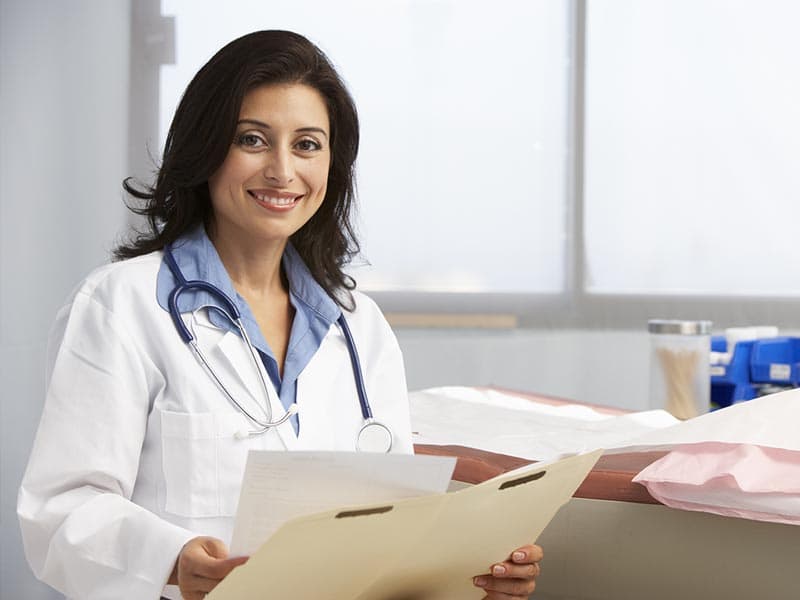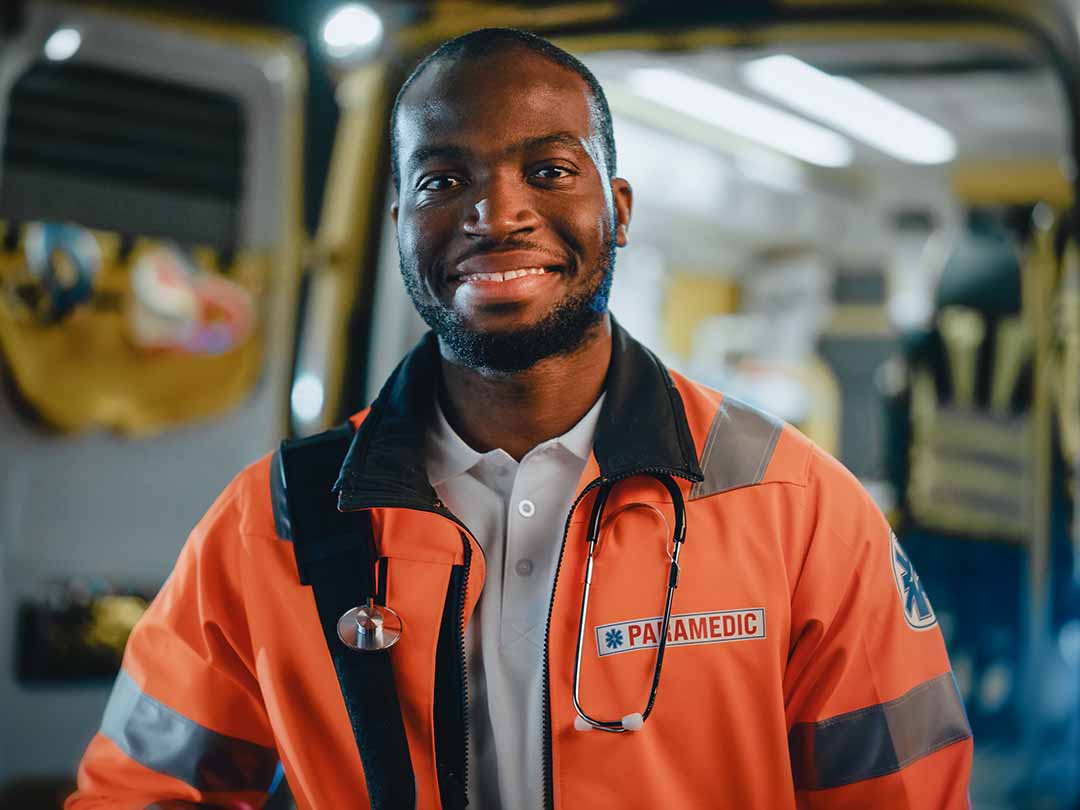When disaster strikes, respond without hesitation.
Become certified in Disaster Medicine and uphold the highest standards of care wherever you’re needed.
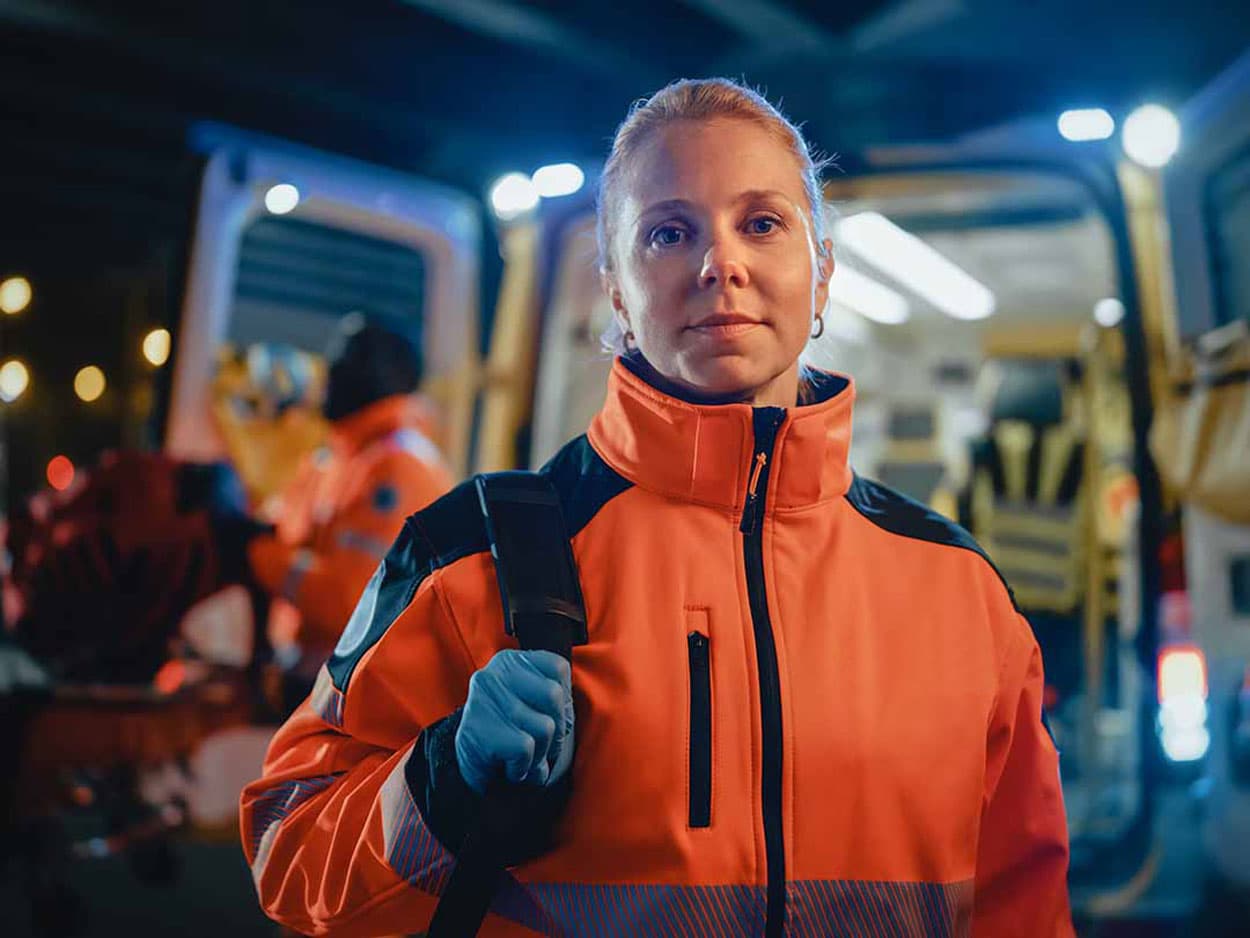
BE TRAINED
Learn how to apply what you already know to disaster medicine.
BE CERTIFIED
Join a community of helpers who share a common response strategy.
BE READY
Feel confident to step in and take the lead when few others can.
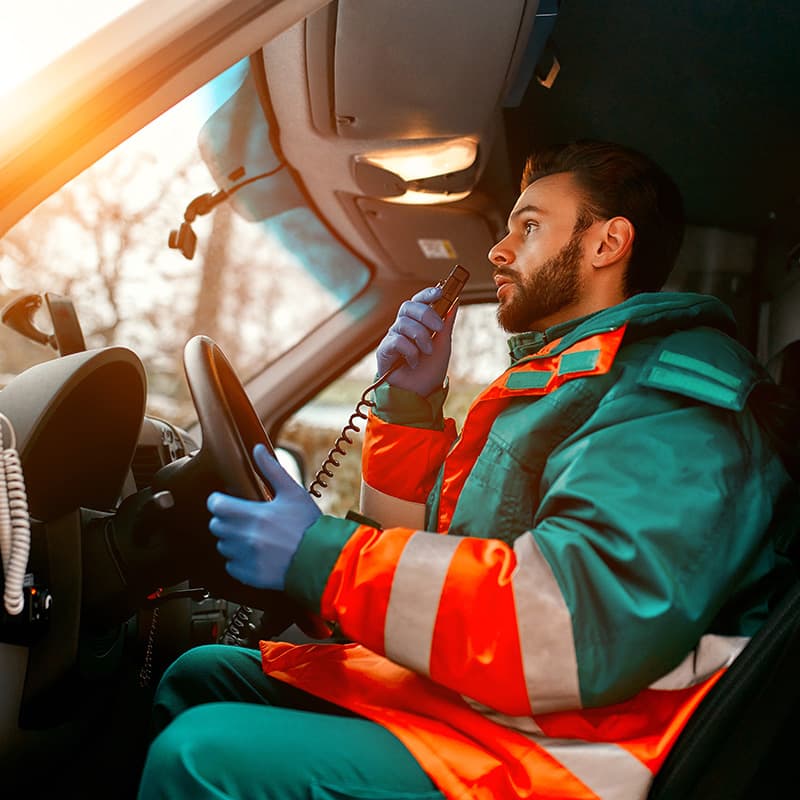
DISASTERS ARE INEVITABLE.
If disaster strikes, you are it.
When the unthinkable happens, it can take hours to days for outside resources to arrive on-scene. That means when victims are most vulnerable, they’re wholly dependent on local resources.
As a healthcare professional, those “local resources” include you. People’s lives depend on your ability to step in quickly, efficiently, and safely. But, the reality today: Primary medical education doesn’t train you on disaster response.
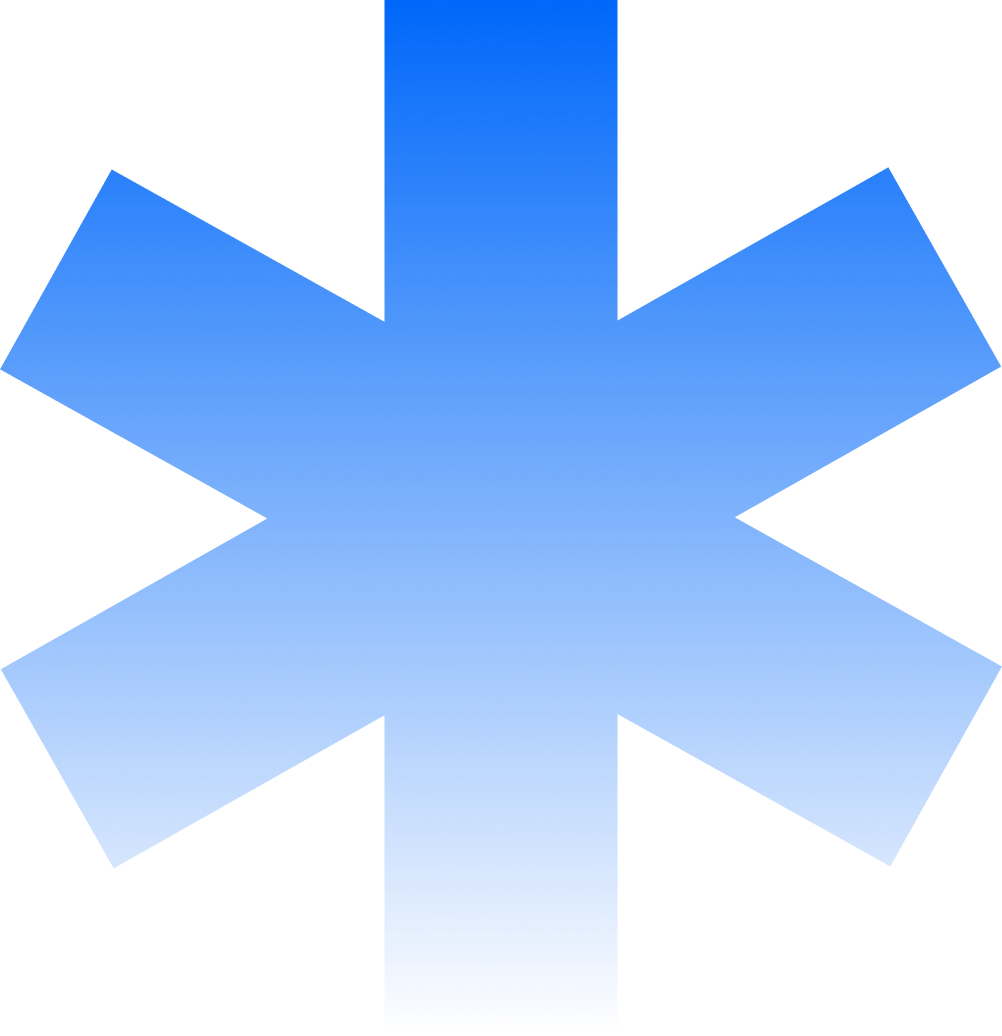
Close the gap between your willingness and your readiness.
How it works.
STEP 1
Assess your knowledge.
If you’ve already had disaster medicine training (DM fellowship, PhD in DM, etc.), we’ll evaluate your experience and advise if educational requirements remain. If you’re new to disaster medicine, welcome! We’ll guide you, too.


STEP 2
Fill in educational gaps.
IBODM does not provide clinical education. You already have that. Instead, our online school, the Disaster Medicine Institute, offers a series of trainings to help you apply your expertise as a doctor, nurse, paramedic, or EMT to disasters.
STEP 3
Get your credentials.
After you complete training and pass a certification exam, you earn your IBODM credentials. These credentials are about far more than wearing a patch on your jacket; they mean you’re part of the movement that’s professionalizing disaster medicine.
Choose your certification path.
HOW ARE YOU CURRENTLY SERVING PATIENTS?
I am a
physician.
I am
a nurse.
I am a pre-hospital professional.
Requirements
Physicians and mid-levels (one of the following):
Disaster Medicine Fellowship
Master’s in Disaster Medicine
Other post-graduate training or experience
Nurses
(one of the following):
Disaster Nursing Fellowship
Master’s in Disaster Nursing or Medicine
Other professional training or experience
EMS Providers (all):
Formal training or experience in:
- Scene safety
- Disaster triage
- Command and Control
- Mass Casualty Management


